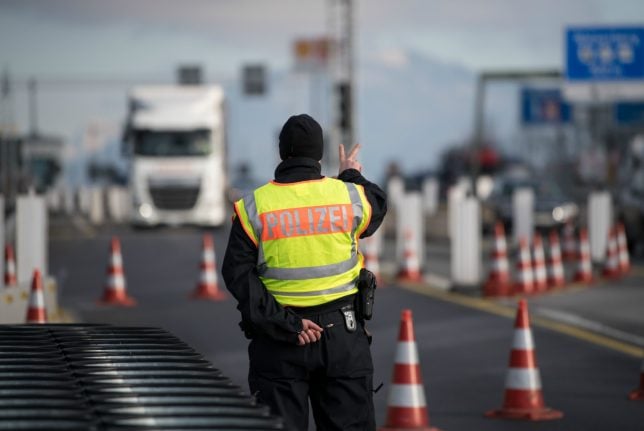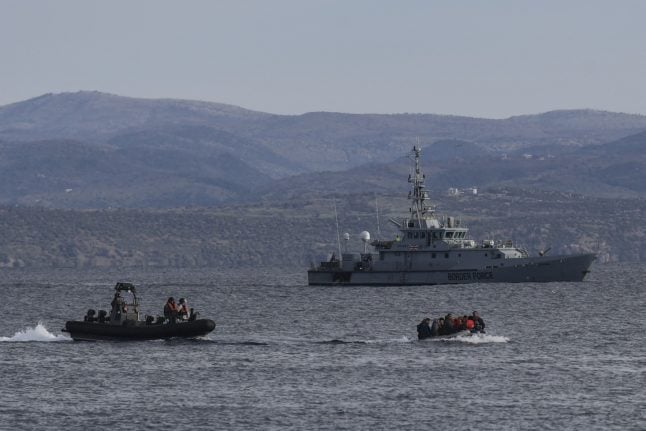The special regulation, which overrides the open borders of the Schengen agreement, would have run out on November 11th. The interior ministry stated that the decision only affects the land border with Austria and flights from Greece to Germany.
De Maizière said that a series of terror attacks in Germany and Europe were the cause of the extension.
“There are still deficiencies in the protection of the EU external borders, as well as a considerable amount of illegal immigration within the Schengen area,” he said.
SEE ALSO: Germany opposed to rapid expansion of passport-free Schengen area
The German interior minister said that the decision had been made after discussions with EU partners.
“A complete return to a Schengen area without border controls is only possible when an overall positive development allows for it,” he said.
On Thursday Denmark also announced it would be extending border controls on its border with Germany. Copenhagen also justified the decision due to terror concerns.
The EU had wanted the border controls to be abolished by the end of the year. But Germany is one of five countries seeking to change the rules to allow for border controls to stay in place for up to four years.
READ MORE: Denmark to propose changes to Schengen to enable extended border control



 Please whitelist us to continue reading.
Please whitelist us to continue reading.